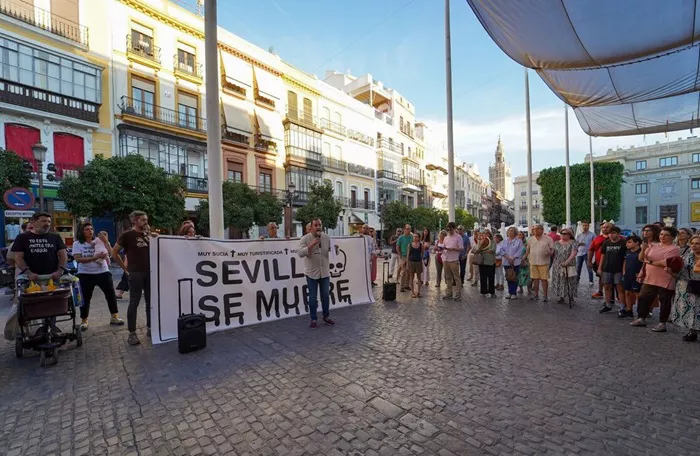Spain has ordered the removal of more than 65,000 short-term holiday rentals from platforms like Airbnb, marking one of the country’s most significant crackdowns on the sector to date.
The Spanish Ministry of Consumer Affairs announced on Monday that the listings are being delisted for breaching a range of housing regulations, including failure to provide valid licence numbers, discrepancies in property ownership records, and mismatches between advertised listings and official databases.
The action comes amid intensifying national concern over the impact of short-term rentals on housing affordability, particularly in popular tourist destinations such as Barcelona and Madrid. Rising home prices and soaring rents have sparked protests in several cities, with critics blaming the proliferation of holiday rentals for exacerbating the housing crisis.
“This is about ending the widespread illegality and lack of oversight in the short-term rental market,” said Consumer Minister Pablo Bustinduy. “No more excuses. Enough with protecting those who turn a basic right—housing—into a business.”
Crackdown Targets Key Regions
The mass removal of listings primarily targets properties in Madrid, Andalusia, and Catalonia, including its capital, Barcelona. The initiative is part of a broader government effort to rein in the short-term rental industry and prioritize long-term housing for residents.
In 2023, Barcelona authorities unveiled a plan to eliminate all 10,000 of its legally registered short-term rentals by 2028. The nationwide action announced this week builds on that local initiative and reflects growing political will to regulate the sector.
As of November 2024, Spain had approximately 321,000 homes with holiday rental licences—a 15 percent increase from 2020, according to government data. However, officials believe many additional properties operate outside of the legal framework.
Airbnb Responds
Airbnb has not issued an official comment on the government’s latest decision. However, in response to an earlier investigation opened in December, the company defended its policies, stating that it requires hosts to confirm they are authorized to rent and to comply with local laws.
The company also argued that the ministry had not provided specific lists of non-compliant properties and claimed that not all short-term rentals require official licences.
Furthermore, Airbnb has challenged the ministry’s authority to issue binding rulings on short-term rental operations, citing court decisions that define the platform as a digital intermediary rather than a real estate business.
Broader Context
Spain’s housing crisis stems in part from a long-standing shortage of new construction. After a massive property bubble burst more than 15 years ago, the country has struggled to meet growing housing demand, especially in urban areas with high tourist traffic.
The government’s latest move is seen as a response to mounting public pressure and a bid to reassert control over a rapidly expanding segment of the real estate market that critics say has been operating in a legal grey area for too long.
Officials say the crackdown will continue, with further measures possible as part of ongoing efforts to stabilize housing markets and ensure fair access for residents.

